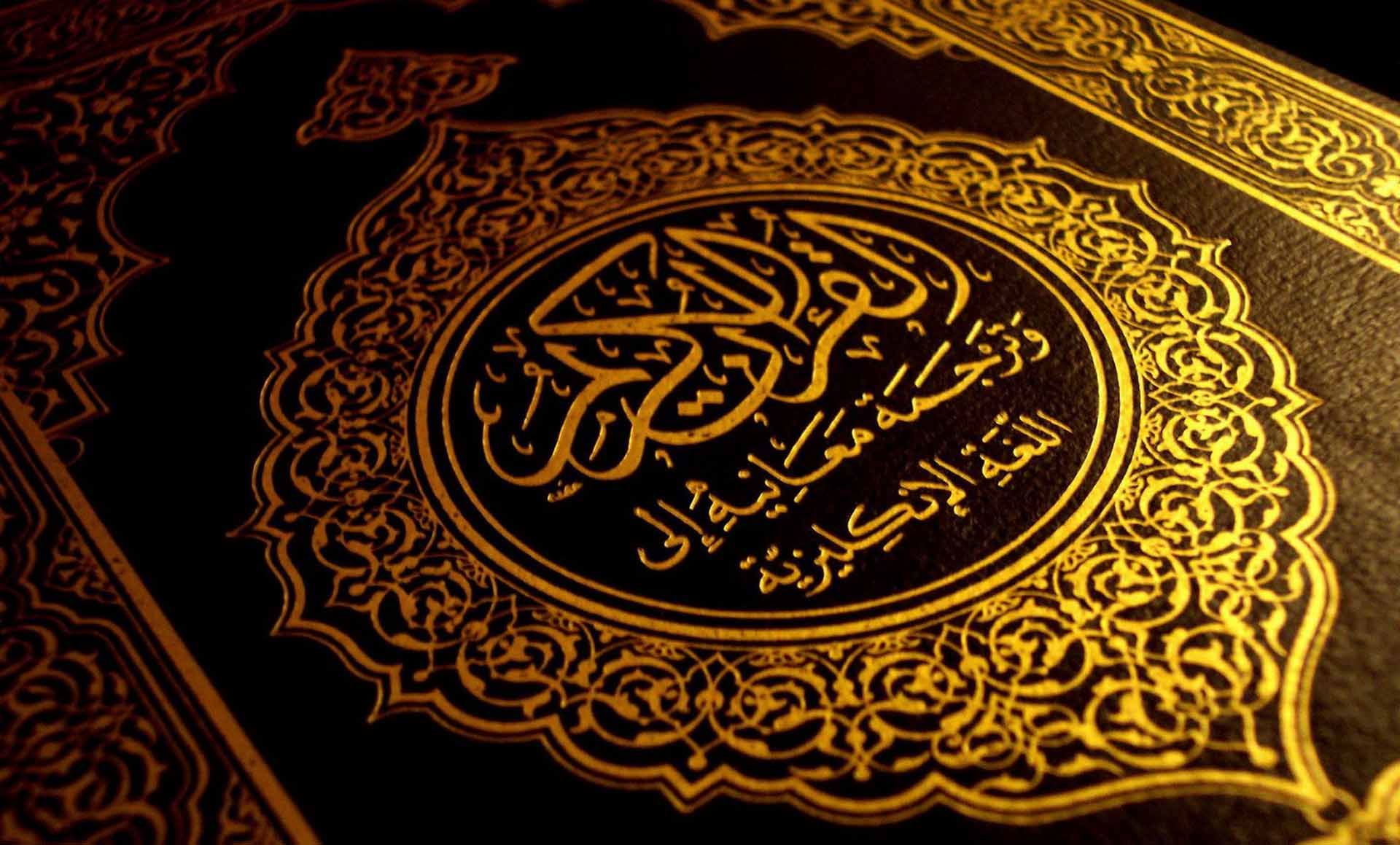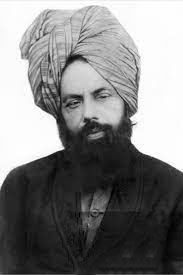The Holy Quran
The Holy Quran

The Qur'an was revealed to the Prophet Muhammad by God in Arabic.
Some Qur'anic fragments have been dated as far back as the eighth, and possibly even the seventh, century. The oldest existing copy of the full text is from the ninth century.
Although early variants of the Qur'an are known to have existed, Muslims believe that the text we have today was established shortly after the death of the Prophet by the Caliph Uthman.
Contents
There are 114 chapters in the Qur'an, which is written in the old Arabic dialect.
All the chapters except one begin with the sentence Bismillahir rahmanir raheem, 'In the name of Allah the most merciful and the most kind'. This is the thought with which Muslims should start every action.
The longest chapter of the Qur'an is Surah Baqarah (The Cow) with 286 verses and the shortest is Surah Al-Kawther (abundance) which has 3 verses.
The arrangement of surahs does not correspond to the chronological order in which they were revealed.
The Qur'an is sometimes divided into 30 roughly equal parts, known as juz'. These divisions make it easier for Muslims to read the Qur'an during the course of a month and many will read one juz' each day, particularly during the month of Ramadan.
Translations
Translations of the Qur'an exist in over 40 languages but Muslims are still taught to learn and recite it in Arabic, even if this is not their native language and they cannot converse in it.
Translations are regarded by Muslims as new versions of the holy book, rather than as translations in the conventional sense.
Memorising the Qur'an
At the time of the revelation of the Qur'an, books were not readily available and so it was common for people to learn it by heart.
Committing the Qur'an to memory acted as a great aid for its preservation and any person who is able to accomplish this is known as a hafiz.
Specifications
Hits | 1385 |
Publisher | Islam International Publications Ltd |
Downloads | 142 |
Pages | 836 pages |
Year | 2015 |
Author
Author | Maulawi Sher Ali |

Maulvi Sher Ali Ranjha (Bhera, Sargodha District, Pakistan (24 November 1875 – 13 November 1947) Lahore, Pakistan. was a prominent Ahmadi Muslim scholar and a companion of Mirza Ghulam Ahmad, founder of the Ahmadiyya Movement in Islam. He is most famous for one of the earliest groundbreaking English translations of the Holy Quran: The Holy Quran - Arabic Text and English translation. He spent his whole life in the service of the cause of Ahmadiyya Muslim Community. He accompanied Mirza Basheer-ud-Din Mahmood Ahmad, the second khalifa of the movemnet on his journey to Europe in 1924, and participated in the Wembley’s Conference of Living Religions 1924.